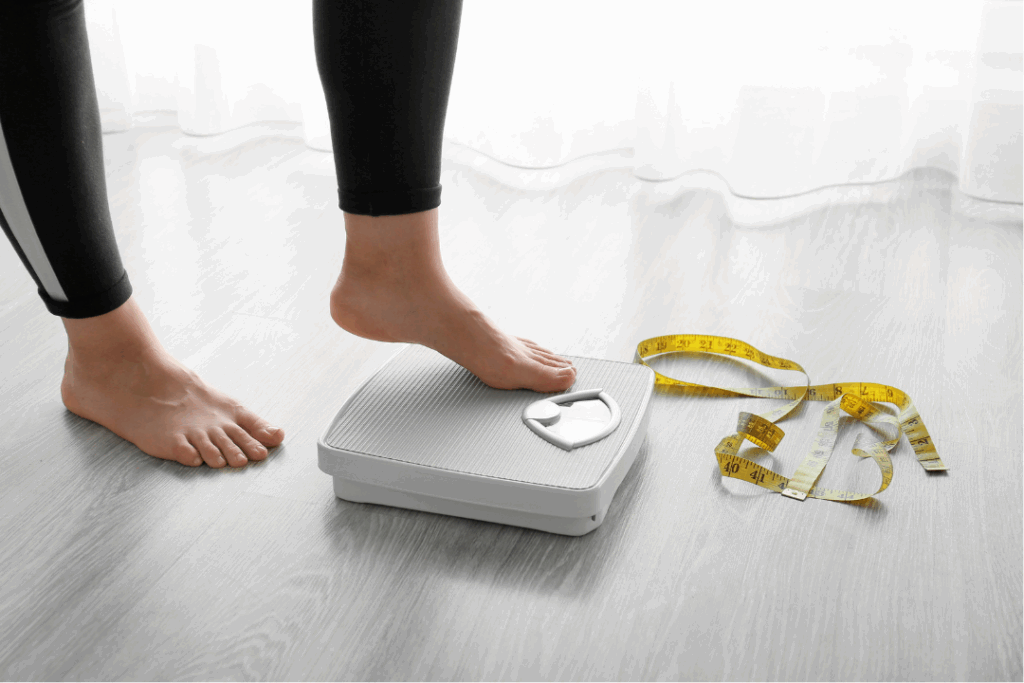When it comes to weight loss, there’s no shortage of advice—some helpful, some not so much. The internet, social media, and even well-meaning friends can all feed into confusion with conflicting tips, miracle solutions, and so-called “rules” you must follow. But here’s the truth: most of what we hear about losing weight is based on outdated science, marketing gimmicks, or plain misinformation.
If you’ve been stuck in a cycle of trying and failing, it might be because you’re unknowingly following advice that’s doing more harm than good. In this article, we’re breaking down the top five weight loss myths that are holding people back from real, sustainable results. It’s time to stop following trends and start following facts.
Myth #1: Carbs Make You Gain Weight
This is probably one of the most widespread beliefs in the world of weight loss—and one of the most misunderstood. Carbohydrates have been demonized for decades, thanks to the rise of low-carb and ketogenic diets. But the idea that carbs are inherently fattening is flat-out wrong.
What really matters is the type of carbs you’re eating. Simple carbs like white bread, pastries, and sugary snacks can spike your blood sugar and contribute to weight gain when consumed in excess. But complex carbs—think oats, quinoa, sweet potatoes, and whole grains—are packed with fiber, which keeps you full and fuels your workouts.
Eliminating carbs entirely can actually make it harder to lose weight in the long run. Carbohydrates are your body’s preferred source of energy. Cutting them too low can leave you feeling sluggish, irritable, and prone to overeating later. Instead of fearing carbs, focus on choosing the right kinds in balanced portions.
Myth #2: You Have to Exercise Every Day to Lose Weight
Exercise is important for your overall health and can certainly support weight loss—but it’s not the only piece of the puzzle. Many people believe that to lose weight, they need to be in the gym seven days a week, sweating through high-intensity workouts. This approach often leads to burnout, injury, or discouragement when results don’t come fast enough.
The reality is that weight loss is mostly driven by nutrition. You can’t out-train a poor diet. Creating a calorie deficit (burning more calories than you consume) through mindful eating will have a greater impact than overtraining at the gym.
That said, regular physical activity is still a key part of a healthy lifestyle. Aim for consistency over intensity. Three to five workouts a week—whether that’s strength training, cardio, walking, or yoga—can be more effective and sustainable than daily intense sessions.
Myth #3: Eating After 8 PM Makes You Fat
This myth has stuck around for years, but it’s time to put it to rest. The idea is that eating at night leads to weight gain because your body doesn’t burn as many calories while you sleep. But science shows that when you eat matters far less than how much you eat over the course of the day.
Weight gain happens when you consistently consume more calories than your body needs—regardless of the time. If you eat within your calorie range and focus on nutrient-dense foods, it doesn’t matter if your last meal is at 6 PM or 10 PM.
That said, late-night eating can become problematic if it leads to mindless snacking, emotional eating, or bingeing on junk food. If you find yourself eating out of boredom or stress late at night, the issue isn’t the clock—it’s the behavior. Try setting a routine that includes satisfying meals during the day to prevent those late-night cravings.
Myth #4: You Have to Cut Out All Your Favorite Foods
This is where a lot of diets go wrong. Many popular programs push a “clean eating” mindset that labels certain foods as good or bad. People end up cutting out entire food groups, skipping dessert, and swearing off things they love in the name of discipline.
But here’s the truth: restriction leads to rebellion. When you tell yourself you can’t have something, it only makes you want it more. Eventually, you cave, feel guilty, and restart the cycle.
A better approach is balance. Yes, you should prioritize whole, nutrient-rich foods—but there’s absolutely room in a healthy diet for pizza, chocolate, or a glass of wine. It’s about portion control, mindful indulgence, and knowing that one treat won’t ruin your progress.
Sustainable weight loss doesn’t mean giving up everything you enjoy. It means creating a lifestyle you can stick with long term—and that includes occasional treats.
Myth #5: The Scale Is the Best Measure of Progress
It’s easy to get obsessed with the number on the scale. Weighing yourself daily becomes a habit, and every fluctuation feels like a setback. But here’s the reality: your weight is only one part of the story.
The scale doesn’t tell you how much muscle you’ve gained, how your clothes fit, how your energy has improved, or how much stronger you’ve become. It also doesn’t account for water retention, hormones, digestion, or inflammation—all of which can cause daily changes in your weight.
Instead of relying solely on the scale, use a combination of progress photos, measurements, fitness performance, and how you feel overall. Non-scale victories like better sleep, improved mood, and more confidence are just as important as a number.
Final Thoughts
When it comes to weight loss, misinformation is everywhere. These common myths can lead to frustration, confusion, and ultimately, failure. But once you let go of these outdated beliefs and focus on evidence-based strategies, everything changes.
You don’t need to cut out carbs, live at the gym, or fear the clock. You don’t need to give up your favorite foods or obsess over the scale. Instead, build a balanced lifestyle that includes healthy eating, regular movement, and self-compassion.
Remember, the best weight loss plan is the one you can stick with. Forget the fads. Trust the facts. And most importantly—be patient with yourself. Real change takes time, and your journey is your own.

